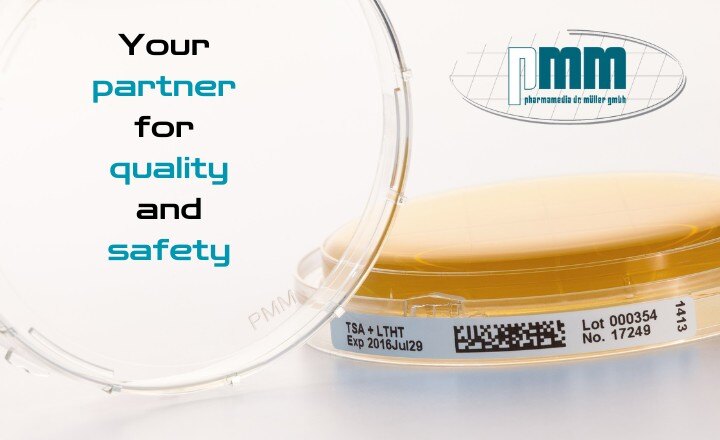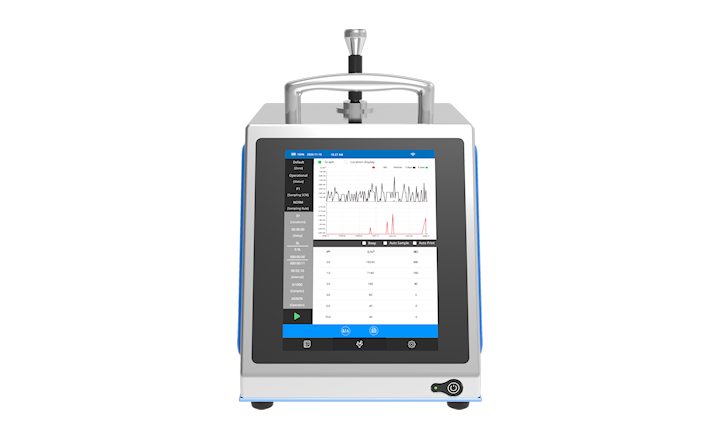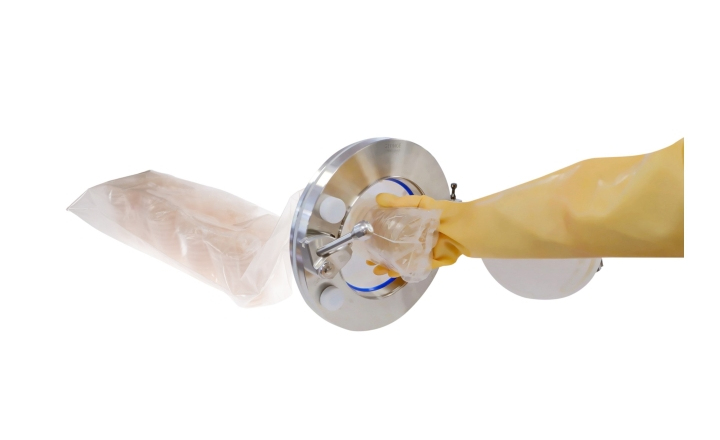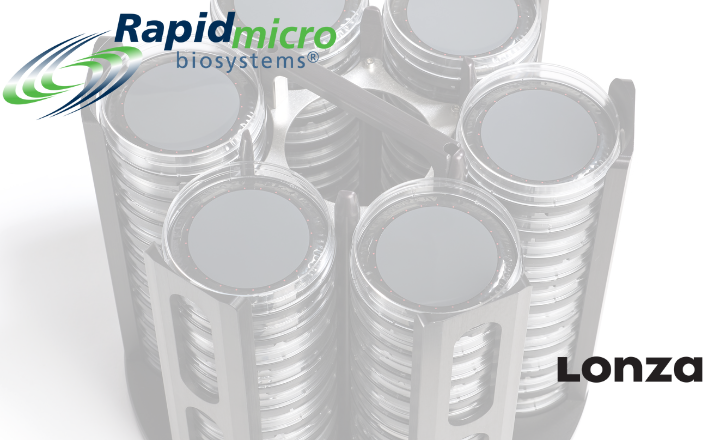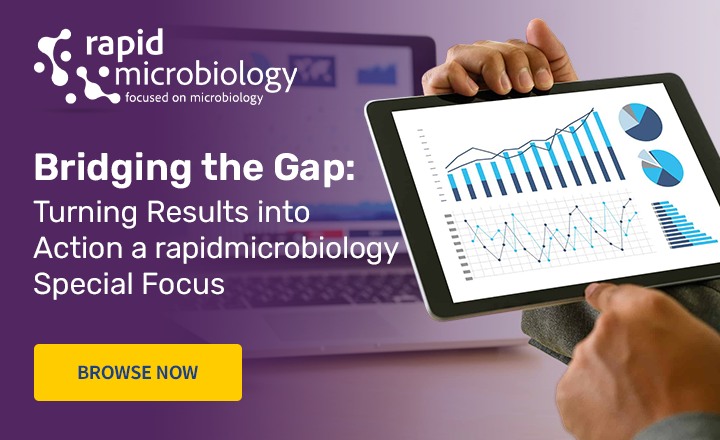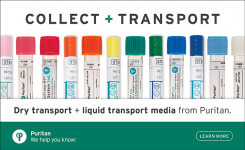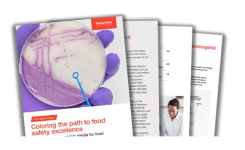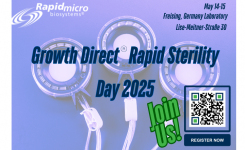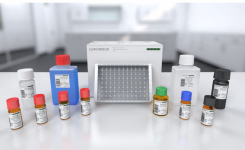AOAC INTERNATIONAL announced today that it had issued certificates of validation for two proprietary test kits that detect SARS-CoV-2, the causative agent of COVID-19 illness, on stainless steel surfaces.
The two tests join three previously certified tests that have passed the rigorous independent evaluation required by the globally recognized AOAC Research Institute’s Performance Tested MethodsSM Program, which implemented an Emergency Response Validation process to accelerate the evaluations.
While SARS-CoV-2 is known to be susceptible to standard disinfection methods,1 recent studies have shown that it can also be highly persistent on non-porous surfaces2 such as stainless steel.
AOAC received validation applications for nine test kits, five of which earned certification, including the two kits announced today. All were evaluated for detection of the virus on stainless steel surfaces; AOAC will expand validation to a broader range of environmental surfaces and food matrices in a follow-up project.
In this latest round, certifications were issued for test kits from Eurofins GeneScan Technologies and ThermoFisher Scientific.
Eurofins GeneScan Technologies describes their VIRSeek SARS-CoV-2 Solution as a comprehensive workflow for the detection of SARS-CoV-2 on environmental surfaces that includes swabbing of environmental surfaces, RNA extraction, analysis by Reverse Transcription Polymerase Chain Reaction (RT-PCR) and evaluation by an advanced algorithm.
Within the VIRSeek SARS-CoV-2 workflow, the efficient removal of the virus from the swab and automated isolation of high-quality RNA is guaranteed by the VIRSeek RNAExtractor. Following RNA extraction, the lysates are analysed with the VIRSeek SARS-CoV-2 Mplex real-time RT-PCR kit. The kit is highly specific for two regions, N1 and N2, in the SARS-CoV-2 nucleocapsid gene, ensuring reliable results with a two-target approach.
Eurofins notes that they are finding that the assay is effectively detecting all variants where published sequence information was analyzed. “To our best knowledge, none of the lately published mutations (UK, Denmark, Netherlands and South Africa) of SARS CoV-2 affects critical primer/probe binding regions of the VIRSeek SARS CoV-2 Mplex kit,” said Laura Bleichner, Team Lead Microbiology Kit Development.
The evaluation of results is facilitated by an advanced software algorithm which uses machine learning techniques for automated and reliable analysis.
ThermoFisher Scientific describes their SARS-CoV-2 PCR Workflow for packaging and environmental surfaces as a complete end-to-end workflow, encompassing sampling, sample preparation, and detection. It can deliver results in as little as three hours, quickly providing customers with the information they need to manage any potential surface or packaging contamination risks.
The test, which has been validated for qualitative detection of the virus on stainless steel, includes three TaqMan RT-PCR assays, to target SARS-CoV-2 (ORF1ab, N-gene, S-gene) genes, and one positive control assay, targeting the Human RNase P RPPH1 gene offering both high specificity and sensitivity. Because of the multi-target design of this assay, overall test sensitivity should not be impacted by the new SARS-CoV-2 strain lineage – B.1.17 variant.
The ThermoFisher Scientific SARS-CoV-2 PCR Workflow is commercially available and used on the Applied Biosystems 7500 Fast Real-Time PCR System or the Applied Biosystems QuantStudio 5 Real-Time PCR System. Both instruments are also suitable for the company’s complete portfolio of PCR tests for food pathogens and environmental samples, biothreat organisms, animal species identification and GMO testing.
To perform the reviews, the AOAC Research Institute assembled a team of six analytical science experts from the U.S. Centers for Disease Control and Prevention; the Technical Center of Qingdao customs in the People’s Republic of China; the U.S. Environmental Protection Agency’s Office of Research and Development; the U.S. Food and Drug Administration’s Gulf Coast Seafood Laboratory; and DNA Software, Inc.
This validation project broke new ground by employing in silico (“in silicon”) analytical techniques that harness modern computational power to compare results against large databases of genetic information.
This has a significant advantage over traditional “wet-lab” testing in that genetic sequences from tens of thousands of strains of SARS-CoV-2, and near neighbours could be analyzed for inclusivity and exclusivity. Moreover, obtaining and shipping large numbers of SARS-CoV-2 strains and variants necessary for comparison could be difficult and potentially dangerous.
Danièle Sohier, Senior Manager, Global Scientific Affairs at ThermoFisher Scientific, noted that AOACRI certification brings more confidence to users and food safety authorities. “The value of the AOAC Emergency Response Validation program during these challenging times is significant, and AOAC’s work helps the food industry to better evaluate control measures against COVID-19 contaminations.”
For contact details, please visit the company's listing on rapidmicrobiology: Eurofins GeneScan Technologies, ThermoFisher Scientific.
References:
1. “Stability of SARS-CoV-2 in different environmental conditions”, The Lancet Vol. 1 Issue 1, May 1, 2020, (accessed December 10, 2020)
2. “The effect of temperature on persistence of SARS-CoV-2 on common surfaces”, Virology Journal, 7 October 2020 (accessed December 10, 2020)
Note: This content has been edited by a rapidmicrobiology staff writer for style and content.







